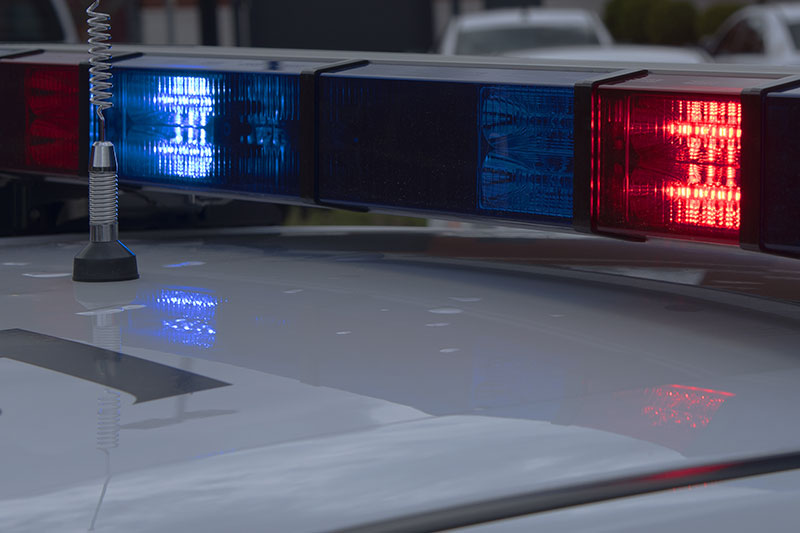A person charged with vehicular manslaughter must have known or been aware that their conduct created a high risk of harm to people and knowingly disregarded that risk.
Maryland vehicular manslaughter law defines vehicular manslaughter as causing the death of another person as a result of driving, operating, or controlling a vehicle in a grossly negligent manner. Gross negligence is a higher standard to prove than ordinary negligence. The risk must also be one that a law-abiding citizen under similar circumstances would not take. If the conduct that caused the death was due to negligence, carelessness, or an accident, a person is not grossly negligent and should not be found guilty of vehicular manslaughter.
Factors to consider when determining if a driver’s actions were grossly negligent or merely negligent in a vehicular manslaughter trial include: the area of the accident, I.E., lighting and traffic; the defendant’s speed; evidence of alcohol or drugs; the force of the impact; the damage to the vehicle(s); the presence or absence of skid marks; whether the defendant fled the scene.
Maria’s experience with cross examining accident reconstructionists, police officers and witnesses is essential to the proper defense of vehicular manslaughter, DUI, and reckless driving cases. Car accidents involving serious injuries or deaths will usually be the subject of an accident reconstruction. These accident reconstruction reports are often relied on by prosecutors that may not be as familiar with the techniques and assumptions used by accident reconstructionists to reach their conclusions.
Lawyer Maria Patterson also handles motor vehicle administration hearings that are typically initiated after a licensed driver has been charged with a serious traffic offense. It is important to have a lawyer for the motor vehicle administration hearings to help protect your driving privileges while safeguarding your 5th Amendment privileges as well.


